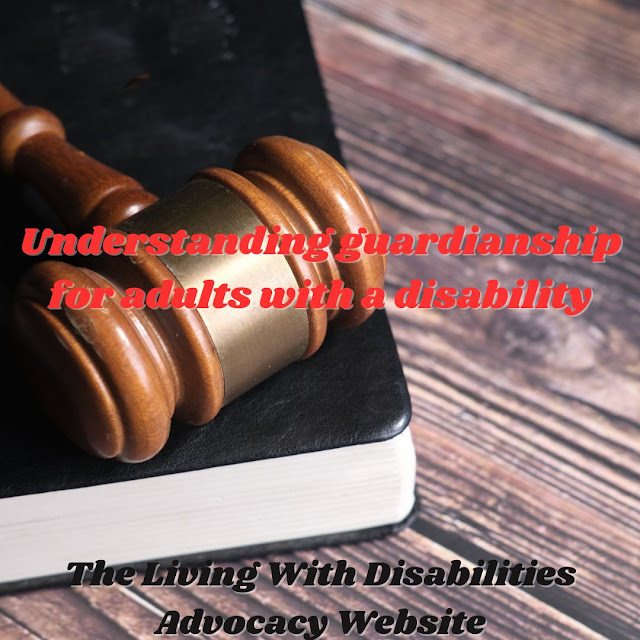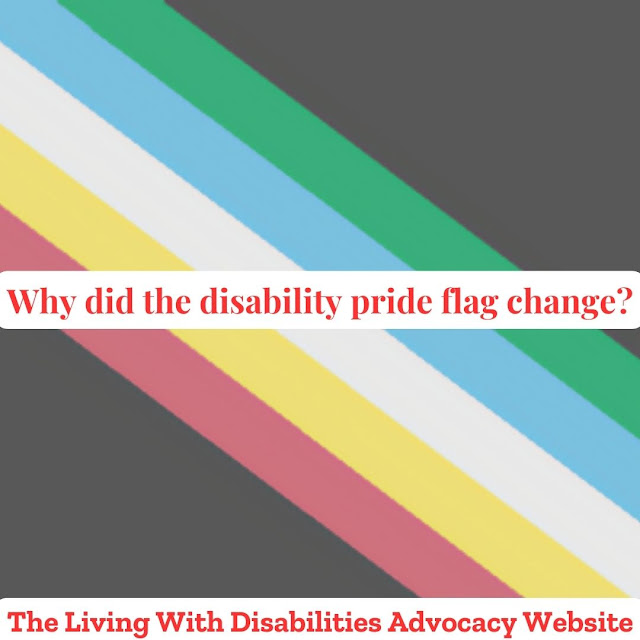Importance of DEI
Before we begin, please remember that the Living with Disabilities Advocacy website and podcast are intended for educational only. Host Katrina is not liable for any actions taken without consulting a counselor or healthcare provider The content and information provided on site do not substitute professional advice. Always consult your licensed counselor or healthcare provider, taking any action based on the information found here.
Let us address this topic directly, as individuals with disabilities understand the challenges of living in an inaccessible world. This provides insight into the experience of living with a disability or condition. What do the initials DEI represent? Diversity, Equity, and Inclusion. These are vital for helping students succeed and prepare for the connections the world offers. The program can also foster an inclusive and equitable community.
The importance of DEI in education lies in its ability to shape the next generation of students, leaders, and global citizens. Some students face hurdles to overcome, like racism and poverty, which can limit the educational system.
It should be a necessity to prioritize DEI in educational institutions to make data-driven, strategic decisions that will guide their activities. Both students and teachers gain a great deal by incorporating DEI into the classroom.
What happens if DEI goes away in the educational system? If diversity, equity, and inclusion (DEI) initiatives are removed from the educational system, could lead to several negative consequences. The absence of DEI efforts may result in a less supportive environment for students from diverse backgrounds. This could increase discrimination and bias, decrease student retention and success rates, and limit opportunities for underrepresented groups Moreover, the educational experience may become less enriching and diverse, impacting the overall quality of education and hindering the development of individuals with disabilities or conditions.
How would DEI impact students who require an Individualized Education Program? Removing diversity, equity, and inclusion (DEI) initiatives would significantly impact students who rely on Individual Education Plans (IEPs), as DEI helps foster a more inclusive and welcoming environment for all students with disabilities. Diversity creates an enriching learning experience. Inclusion fosters a sense of community and belonging, while equity ensures that each student receives the necessary resources to succeed.
Overall, having DEI is crucially important because without it students who rely on it, would not be able to succeed in their classes. Living with Disabilities and millions of other voices are speaking up when it comes to having a disability because not every student can learn at a regular education level without the assistance of their accommodations. While speaking accommodation isn't a cheat sheet, it is what is needed for the students to succeed in their classes.
Living with disabilities provides a clear example: a student who wears glasses may not be able to see from the back of the class and will need to sit up front for better visibility. Clearly seeing the board helps students avoid squinting, which can damage their eyes.
The benefits of Diversity, Equity, and Inclusion (DEI) in special education are significant. DEI fosters better interactions among students, enhances academic performance, and increases acceptance of diverse backgrounds. It also contributes to a supportive school environment, promoting mutual respect and understanding while reducing bullying. Additionally, DEI ensures that students with disabilities feel a sense of belonging. Inclusive education also helps all students develop essential life skills such as patience, compromise, and effective collaboration.
The DEI initiative in special education
- Mentorship: Having a mentor so a student can have a sense of belonging and offer support as a role model.
- Diverse literature: Merging diverse literature into the course of studies expands perspectives.
- Guest speaker: Having a guest speaker can enhance students' understanding of various topics covered in the classroom, including the background of each topic.
- Transition: After grades, 9-12th Students need to continue to learn more life skills lessons as they age into adulthood. These skills don't stop after they finish high school, and they continue to learn more.
Reference links
DEI in Education: Challenges & Strategies | Diversio
Removing DEI will affect students more than we think | Editorial | montanakaimin.com
Podcast Link
https://creators.spotify.com/pod/show/livingwithdisabilites/episodes/Importance-of-DEI-e2v1crm




Comments
Post a Comment